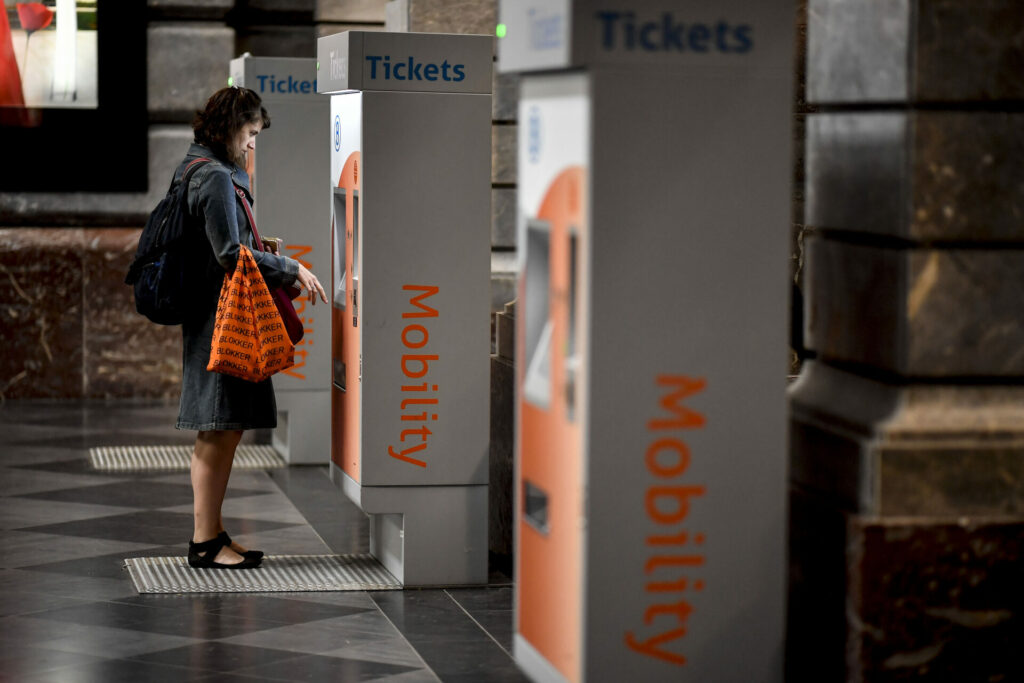National railway operator SNCB has been criticised for setting lower ticket prices on its app compared to those sold at the ticket counter and vending machines. Possible legal action now hangs over the company.
Consumer rights organisation Test Achats and the Belgian Centre for Equal Opportunities and Opposition to Racism (Unia) have called out what they refer to as SNCB's discriminatory ticket prices. According to them, some tickets are also exclusively available via the app and certain tickets have lower prices on the app – to possibly incentivise their use, however, this is seen as discriminatory against people who may not have the same level of digital literacy.
"The ever-increasing digitalisation of our society offers opportunities but also leads to the exclusion of vulnerable groups who cannot keep up with the pace imposed," said Els Keytsman, managing director at Unia. "We strive for equal access for every person to public and private services that are automated or digitised."
One example of the online-physical ticket divide is the Standard Multi, the ten-ride ticket, which is €3 cheaper when bought via the app. For the Youth Multi, the equivalent of the Standard Multi for those under 26, the price difference is €2. Meanwhile, the Flex pass, which allows travellers to travel two to three times a week on the same route, is only available via the app. "Travellers without a smartphone do not have access to this low-cost ticket," the organisations said.
'Minimal' price difference?
Both organisations stated that SNCB defends the ticketing system by arguing its management contract justifies a price advantage for digital products, that it concerns a limited number of tickets and that the price difference is "minimal".
It has reportedly also argued digital products reduce opportunities for fraud, provoke fewer discussions with train conductors and promote ease of use.
However, Unia and Test Achats call the arguments "unconvincing" and are therefore threatening legal action against SNCB, warning the company that offering advantageous tickets exclusively digitally and creating a price advantage for digital products constitute prohibited discrimination as some travellers can't afford to buy a smartphone and/or are unable to use a smartphone "due to their age, health condition or disability".
They are giving the company an ultimatum until 31 August to discontinue the digital preferential fares and exclusive digital offer. "Failing this, we will go to court to challenge this form of digital discrimination in an ever-digitising society."

